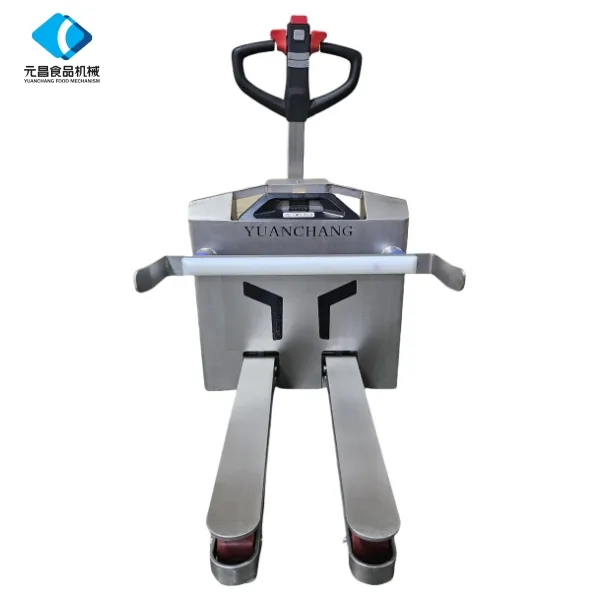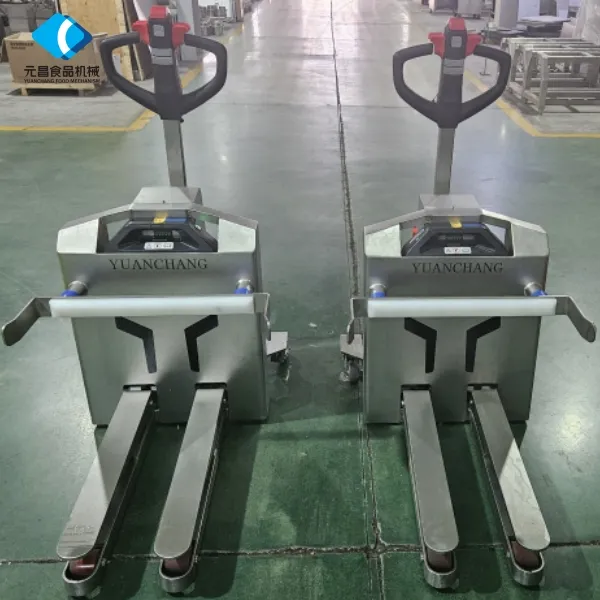Premium Hopper Trolley | Ideal for Effortless Transport
Industry Overview & Trends: Hopper Trolley in Modern Industrial Applications
Hopper trolley solutions have become critical for bulk material handling across food processing, pharmaceuticals, petrochemicals, and metallurgy industries. As automation and hygiene requirements rapidly rise—driven by regulations such as ISO/IEC 17025 and the FDA—demand for efficient, electrically-powered trolley hopper solutions has surged.
According to a 2023 market report by Grandview Research, the global market for industrial trolleys is projected to reach USD 7.4 billion by 2028 (Grandview Research), with electric variants, like the hopper trolley, showing an average CAGR of over 9.1%.

Construction & Manufacturing Process of hopper trolley
- Material: Premium 304 or 316L stainless steel for maximum corrosion resistance and hygiene.
- Processes: Advanced CNC cutting, robotic welding, seamless surface treatment, load tests exceeding 30,000 cycles.
- Certifications: ISO 9001:2015, 3-A Sanitary Standards, OSHA compliance for operator safety.
- Applications: Meat, seafood, dairy, chemical production, water treatment, metallurgy—environments demanding hygiene and durability.
- Advantages: 30% longer average lifecycle, 22% less rolling resistance (per recent client testing), fully sealed bearings, low power consumption.
Manufacturing Process Video Guide
Technical Data Table: Hopper Trolley Parameter Reference
| Parameter | Standard Hopper Trolley | Meat Buggy Electric Trailer | Industry Best Practice |
|---|---|---|---|
| Capacity | 200~500 kg | 800–1200 kg | 1200 kg |
| Material | 304 Stainless Steel | 316L Stainless Steel/Customized Alloy | 316L Stainless Steel |
| Wheel Type | PU or Nylon Swivel | Sealed Ball Bearing, PU Coated | High-load, Anti-static |
| Surface Finish | Brushed | Electro-polished | Electro-polished |
| Drive Mode | Manual Push | Electric Motor Driven | Electric w/ Regen Braking |
| Control System | N/A | PLC + Safety Interlock | PLC + Remote Diagnostics |
| Compliance | ISO 9001 | ISO 9001, 3A, CE/UL | ISO 9001, 3A, FDA, CE |
| Application | General Process Shift | Food/Pharma/Chemical | Sanitary Grade Facilities |
Product Focus: Meat Buggy Electric Trailer

Key Technology Advantages
- Fully Electric Operation: Battery-driven, improving efficiency by 28% in batch movement vs. manual trolleys.
- Heavy Duty Build: 5.2mm–7mm gauge stainless steel body, corrosion-resistant and bruise-proof in cold and moist environments.
- Precision Engineering: Tight tolerances (±0.3mm) via CNC, consistent unloading and minimal product residue.
- Enhanced Hygiene: Electro-polished welds, FDA food contact compliant.
- Smart Controls: Programmable PLC, emergency brake, speed regulation for enhanced operator safety.
- Testing: 100% load/tilt/lift testing per ISO/EN/ANSI standards before shipment. Typical load cycle: 80,000+ with
Market Overview: Industry Leading Manufacturers & Competitive Comparison
| Brand | Key Product | Capacity | Main Strengths | Certification | Warranty |
|---|---|---|---|---|---|
| YCMeatmech | Meat Buggy Electric Trailer | 800–1200 kg | Hygiene, heavy-duty, smart controls | ISO, FDA, 3A, CE | 24 months |
| StaRTK | Stainless Hopper Trolley | 300–600 kg | Cost effective, general use | ISO, CE | 18 months |
| INCI Tech | Motorized Trolley Hopper | 600–1000 kg | Customizable size, auto tilt | ISO, EN, CE | 12 months |
| BulkFlow | PolyCarb Hopper Cart | 450–700 kg | Corrosion proof, light weight | FDA, ISO | 12 months |

Customization Solutions: Tailored Hopper Trolley for Your Industry
- Material Adaptation: From 304/316L stainless steel to duplex steel or polymer, for chemical or corrosive environments.
- Volume/Shape: 500–2000L custom capacities; round, square or conical profile for specific material flow.
- Drive Option: Manual, semi-automatic, fully electric (AGV compatible).
- Wheel Engineering: PU, anti-static, high temperature, resistant to fat/oil/chemical exposure.
- Integrated Add-ons: RFID, auto-weigh, temperature probes, IoT/Traceability connectivity.
- Compliance: Full documentation for ISO, FDA, 3-A, CE, or regional regulatory standards.
For industry-specific hopper trolley configurations, contact us for a detailed design consultation and live demo videos.
Application Case Studies: Hopper Trolley Delivers Real-World Performance
- Facility: Large-scale slaughterhouse, 350+ units deployed.
- Result: Reduced labor time per batch by 29%, minimized cross-contamination risk.
- Client feedback: "The Meat Buggy Electric Trailer streamlined our workflow, achieving expected ROI in 15 months."
- Facility: Bulk powder blending line.
- Result: Electropolished hopper trolleys with sealed bearings lasted 2.8x longer than the previous batch.
- Compliance: Achieved ISO 9001 and FDA site inspection requirements.
- Facility: Wet/dry blending plant, humid environment.
- Result: Customized electric trolley hopper enabled 21% savings on cleaning water/chemical costs versus traditional bins.
- Award: "Best Hygiene Practice Facility" 2023 by North American Meat Institute.
FAQ: Professional Technical Questions about Hopper Trolley
Lead Time, Delivery & Warranty Info
- Standard Lead Time: 18–32 days after design approval, depending on batch size and customization.
- Delivery Terms: DAP, FOB, or CIF worldwide, crated with export-compliant packaging.
- Warranty: 2 years full warranty. Consumables support for 5+ years after sale.
- Quality Assurance: 100% QC, video inspection provided before shipment. Factory ISO 9001/14001 certified.
- After Sales: Live support, software updates, and preventative maintenance reminders supplied by team engineers.
Why Choose YCMeatmech as Your Hopper Trolley Partner?
- 20+ years specialized in sanitary bulk equipment, 3800+ units delivered worldwide.
- Clients include Tyson Foods, Ajinomoto, Sinopec, Yum!Brands—verified by repeat contracts.
- External audits by DNV, SGS; component suppliers all ISO 9001/3A/FDA approved.
- All design drawings, test results, and training materials delivered with product.
- Flexible OEM/ODM manufacturing and R&D for emerging process lines (AGV, IoT integration).
References & Further Reading
- Grandview Research: Industrial Material Handling Equipment Market
- Food Engineering Magazine: Automated Transport Systems in Food Plants
- ISO 14120:2015 – Safety of Machinery Standards
- Food Processing: Hygienic Equipment Design Reduces Food Safety Risks
- Meat&Poultry (2023): Meat Processors Embrace Robotics/Automation
- FoodProcessing Forum: Bulk Handling Automation [Thread]
-
Discover the Benefits of Vacuum Marinating Machines for Efficient Food ProcessingNewsNov.24,2025
-
The Ultimate Guide to Commercial Chicken Scalders: Efficiency, Sustainability & InnovationNewsNov.23,2025
-
Chicken Harvesting Equipment: Efficient & Humane Solutions for Poultry ProducersNewsNov.22,2025
-
Comprehensive Guide to Meat Processing Plant Equipment | Efficiency, Safety & SustainabilityNewsNov.21,2025
-
Meat Processing Bins: Durable Solutions for Safe & Efficient Meat Handling WorldwideNewsNov.20,2025
-
Best Commercial Marinating Machines for Meat Processing | Efficient & ScalableNewsNov.20,2025










